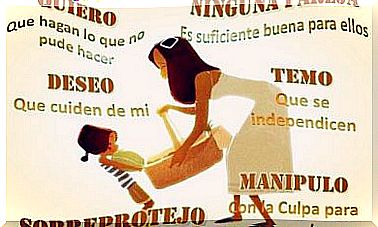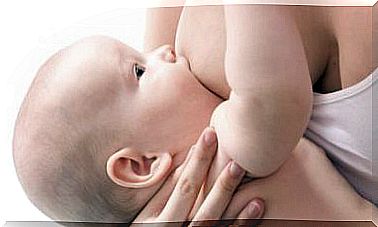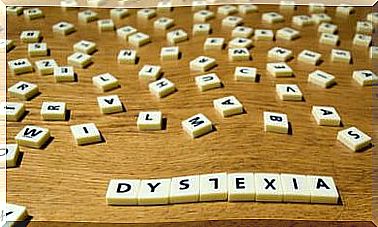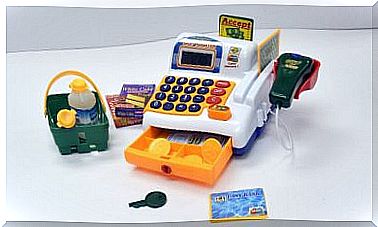Baby Colic During Breastfeeding

Colic in nursing babies is prolonged with sudden and desperate cries caused by strong and painful contractions in the abdomen during the first twelve weeks of life and is a challenge for the sanity and patience of the parents.
Colic in babies during lactation, today continues to be a mystery to doctors, because an exact cause has not been found to produce them.
Experts indicate that about 15% of children present during the first three months of life, intermittent cramps in the abdominal walls, known as infant colic, where the baby presents an inconsolable, inexplicable and intermittent cry (rule of the three I’s ).
Usually, colic during the lactation period tends to appear during the evening, lasting approximately 3 hours a day, from the third week of life, with an incidence of 3 or more days during the week, for a period 3 months.
The baby suffers from intense and rapid intestinal spasms that cause severe pain in him; During these episodes, flexion of the arms, flexion of the legs on the abdomen, clenched fists, high irritability, and expulsion of gases through the rectum are usually present.
What factors cause colic in my baby?

According to research, colic during lactation is a common disorder during the first three months of life (more than 40% of breastfeeding babies suffer from it), and although it does not have an explainable cause, many factors can influence this happen.
Immaturity of the CNS (central nervous system)
During the first weeks of life, the baby receives excessive stimulation, which causes his relationship with the world to be extremely sensitive.
Digestive immaturity
The baby suffers from stomach reflux when ingesting food, causing regurgitation of food and therefore acute pain in the intestinal tract.
Lactose intolerance
Children can be born with the condition of being intolerant to the proteins transmitted by cow’s milk, so it is recommended to replace it with soy milk and other proteins, in order to prevent the little one from suffering from colic. Consult your pediatrician for a proper diagnosis.
Incorrect feeding practice
The baby spends many hours without eating, during breastfeeding or bottle feeding, swallows air or eats in an accelerated way.
Parental anxiety
Infant colic tends to produce a state of high nervousness and anxiety in parents, which causes higher levels of anxiety and crying in the child. It is recommended that parents go to an expert pediatrician in lactating colic, to clarify all their doubts and provide them with the necessary tools so that they learn to calm their tension and can help their little ones.
How do I know if my baby is colicky while breastfeeding?

There are various factors that will allow us to identify when our little one suffers from infant colic, below we will indicate the main signs or symptoms that will allow you to notice when your baby suffers these episodes:
- The little one begins to present irritability, agitation and discomfort.
- At certain times of the day, your belly is hard.
- His discomfort is such that the baby does not respond to stimuli to reassure him as on other occasions.
- The baby has difficulty evacuating and you pass gas.
- The episodes become routine, because it happens at the same time every day, always from 5 pm onwards.
- They spend long periods of time crying and complaining.
- The baby will be light sleepers and will have difficulty falling asleep.
How can I help my baby?
Here are some techniques that may be useful so that you can calm your baby’s crying and therefore colic.
Use heat. One of the techniques that allow you to reduce the intensity of the baby’s crying is to place a little heat on his skin, in the affected area, either through small bottles of water or warm blankets.
Massage the area. If your baby has an episode of infant colic, give him a massage: in a clockwise direction, make circular movements on his tummy or on his back to relieve pressure.
Position. It constantly changes its position, which will allow you to have a better bowel movement, less heartburn and ease of eliminating gas.
Put on music. An excellent option is to stimulate it with music, the one you used to place during pregnancy, while you rock it in your arms, close to your chest, which will provide security and relieve it almost immediately
If you have tried everything that I have advised you previously and nothing works, then start plan b, allow your baby to calm down by himself, until he falls asleep, turn off the light, be quiet and take some time for yourself, to relax, clear up and calm your anxiety so that when your baby wakes up you can continue giving him that pure and wonderful love that every mother knows how to provide.









